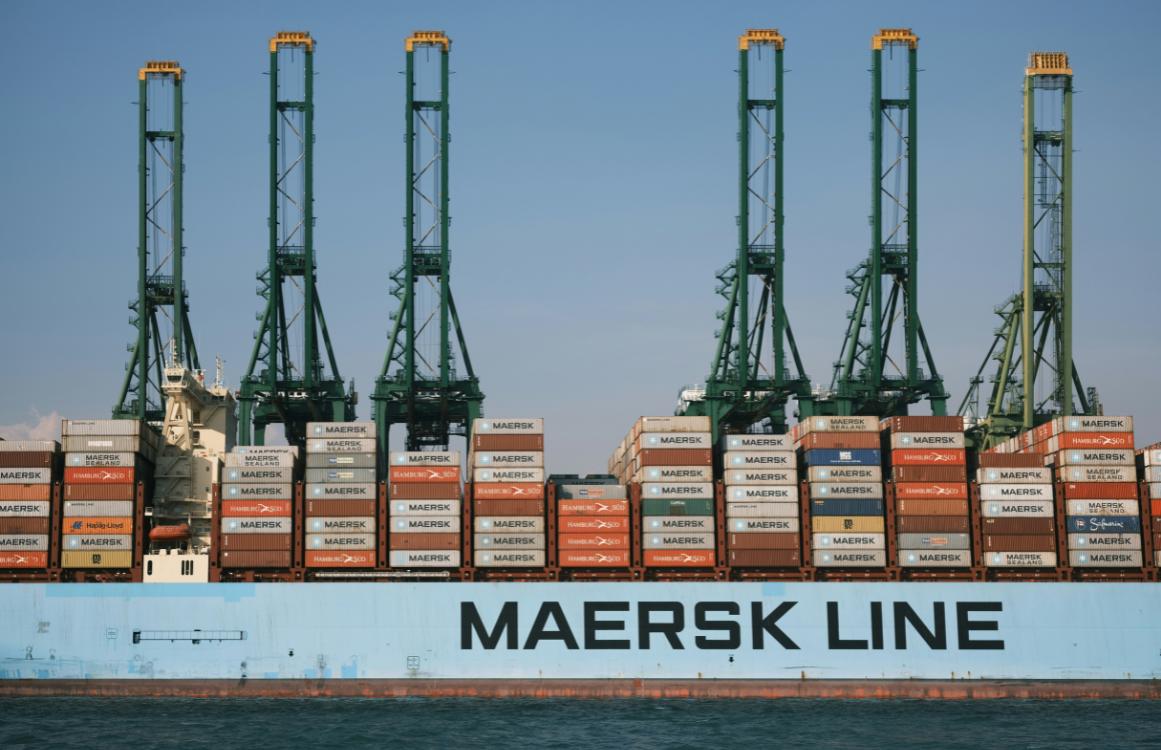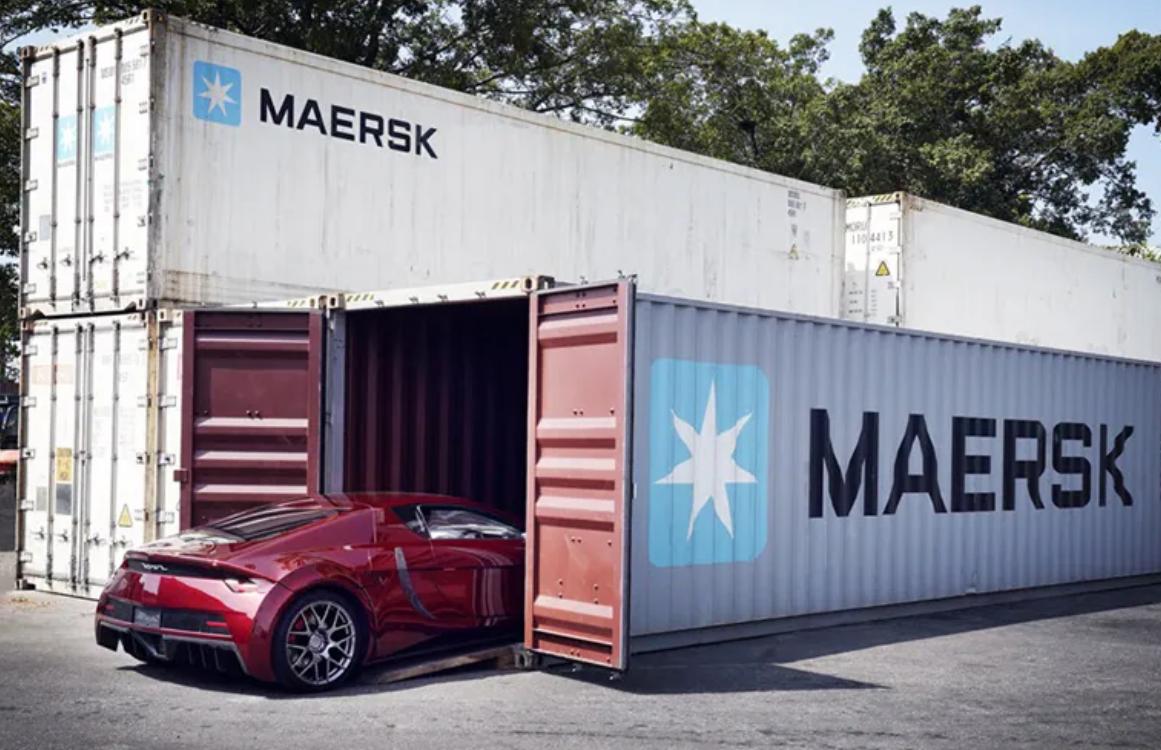
Automotive logistics in Mexico is experiencing a significant change with the introduction of containerized vehicle shipping by Maersk . This modality seeks to optimize efficiency and reduce risks compared to the traditional RoRo (roll on-roll off ) model.
According to Maersk’s “Driving safety and agility in automotive logistics” report, RoRo transportation , although predominant, presents challenges such as extended shipping times and high carbon emissions. Shipping in containers (CiC) is presented as a more agile and safer alternative, with lower risk of damage to vehicles.
Kaizad Dalal, leader of Maersk’s automotive vertical, mentioned that high demand and shortage of space in ports motivated the implementation of this solution in Mexico , the first country to adopt it within the Maersk network.
“The general space problems in ports and warehouses that generate very high costs of delays and detentions apart from storages have given us the advantage of offering our customers a Maersk solution for containerized cars that has been successful in shortening their time to market, flexibility and reaching more ports with less damage. The automotive industry has grown by 200% and there is extremely high demand for RoRos, so this project that we had designed for a long time was launched and Mexico was the first country to implement it,” explained Kaizad Dalal.

This approach offers advantages including:
- Reduction of costs and delivery times: Optimization of delivery times and more stable prices.
- Resilience and security: Lower damage rate during transit and greater protection in containers.
- Sustainability: Support for global environmental regulations and emissions reduction in the supply chain.
With this new solution, which is combined with other Maersk products, the automotive industry can adapt to a changing environment and new environmental regulations, providing a more sustainable and efficient option for the transportation of finished vehicles.
Comment and follow us on X: @GrupoT21















